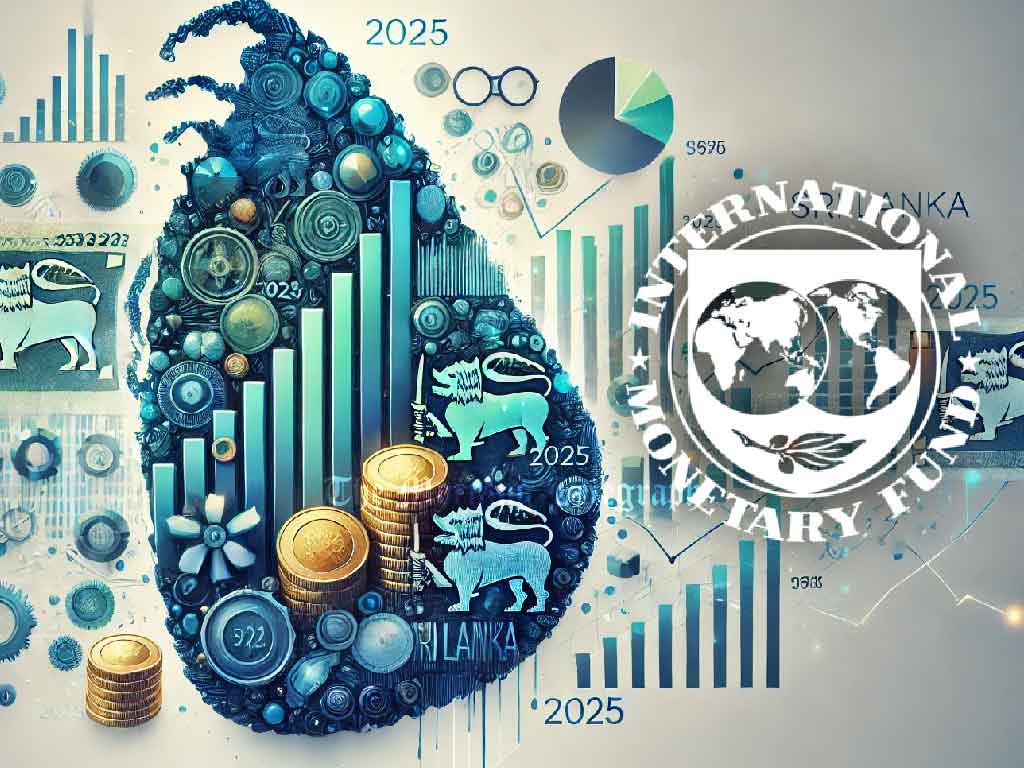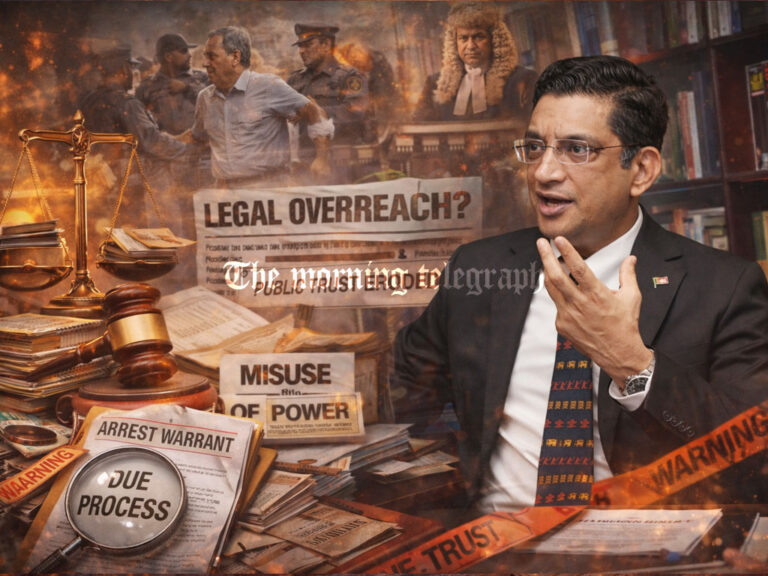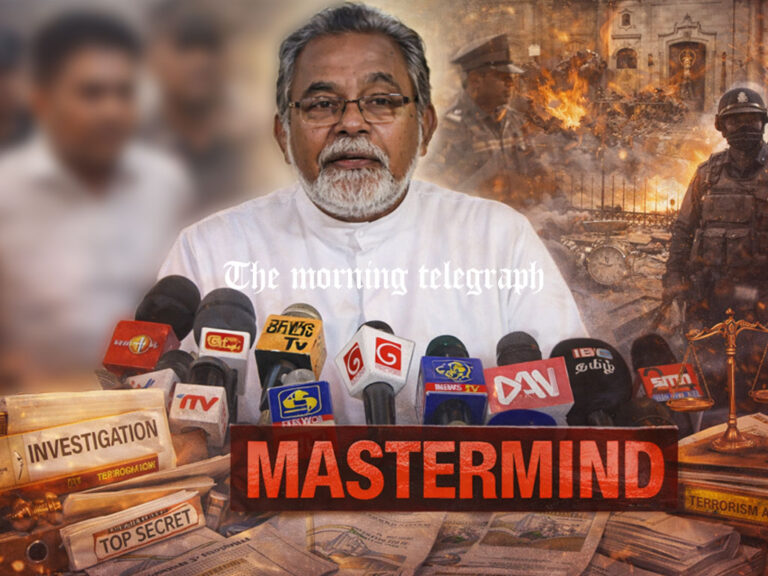
The International Monetary Fund (IMF) has stated that it has no objections to the Sri Lankan government providing relief measures to the public through the 2025 budget, which is scheduled to be presented in Parliament today. However, the IMF has issued a firm warning that all such relief programs—including salary increases, subsidies, or welfare benefits—must be fully financed through government revenue generation rather than through additional borrowing or monetary expansion.
The IMF has reiterated that all fiscal decisions must strictly align with the economic recovery framework agreed upon between the Sri Lankan government and the IMF as part of the ongoing bailout program. This means that every rupee spent on relief measures must be matched by a corresponding increase in government income, whether through taxation, state enterprise reforms, or other revenue-enhancing strategies.
The IMF’s stance comes at a critical moment, as Sri Lanka continues to navigate its economic recovery following its worst financial crisis in decades. The 2025 budget is expected to include substantial relief measures, such as salary hikes for public sector workers, adjustments to tax structures, and increased social welfare spending. However, the IMF’s message is clear: while the government is free to introduce such relief, it must ensure that it does not deviate from fiscal discipline and that the budget does not further weaken Sri Lanka’s economic stability.
The IMF has made it clear that it is closely monitoring how Sri Lanka structures its budget to ensure compliance with the conditions of the bailout. The budget will be subject to a thorough review, and the IMF’s Executive Board will assess whether Sri Lanka has adhered to its commitments before approving the next loan installment.
The IMF’s Colombo office has already communicated these conditions to the Central Bank of Sri Lanka, reinforcing the expectation that the government must raise its own revenue to fund any proposed relief programs. This aligns with the broader economic recovery roadmap, which emphasizes fiscal responsibility, debt sustainability, and long-term economic stability.
In a recent press conference in the United States, IMF representatives stated that they understand the public demand for economic relief, especially given the hardships caused by inflation, rising costs of living, and economic contraction. However, they stressed that Sri Lanka cannot afford to make populist decisions that undermine the country’s financial recovery.
While political leaders may seek to provide relief to the public, the IMF has effectively drawn a red line, ensuring that such relief does not come at the expense of the government’s fiscal obligations. The message is clear—Sri Lanka is free to provide relief, but every cent must be accounted for, and the government must prove its ability to generate revenue before making any spending commitments.




